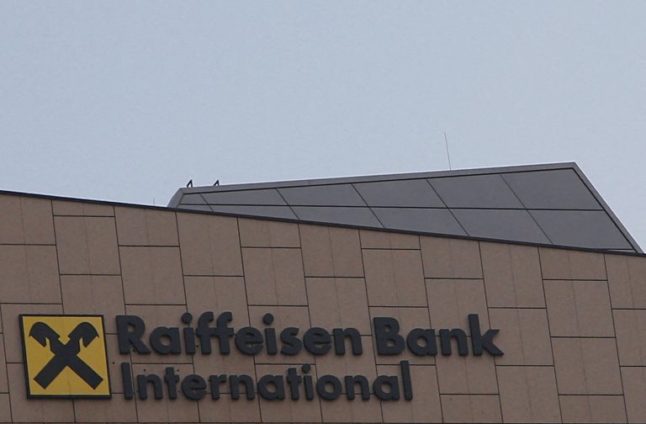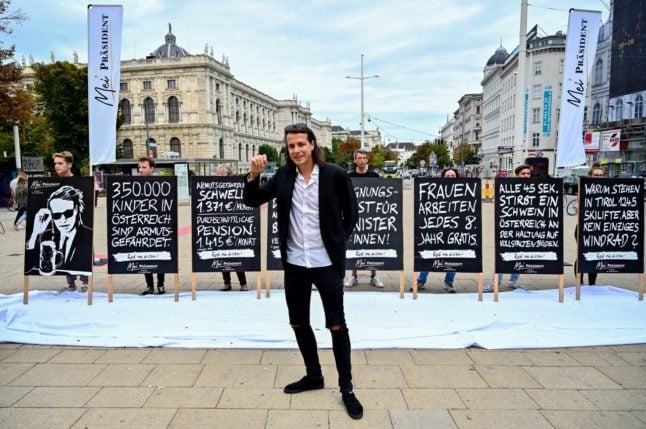The bank has vowed to reduce its business in Russia following Moscow’s invasion of Ukraine in 2022 but has so far not sold or spun off its Russian unit.
The Financial Times on Tuesday said it had found dozens of postings for Russia-based jobs, touting its growth plans in the country.
One of the job postings said the bank was “looking for a client manager who will attract clients,” the paper reported.
“The quotes from the job advertisements do not reflect the measures taken by Raiffeisen Bank International to date to reduce its Russian business, nor do they correspond to the further plans for the Russian business,” the bank said in a statement sent to AFP.
It added to be able to sell Raiffeisenbank Russia — the biggest Western bank still in Russia — “job positions that are necessary for functioning banking operations will continue to be filled or refilled”, but they are “not related to business growth”.
“The very few job ads which contained old and misleading wording are/will be replaced.” the bank said.
Raiffeisen Bank International said in its annual report for 2023 that it had made 2.4 billion euros ($.2.6 billion) in net profits. It paid 464 million euros in income tax in Russia.
The group announced in December an agreement with Austrian construction company Strabag, involving Russian oligarch Oleg Deripaska, who is under Western sanctions.
The deal to try to recover assets frozen in Russia before selling or spinning off Raiffeisenbank Russia has drawn the US authorities’ scrutiny.
A senior US Treasury official — in Austria in March to discuss sanctions against Russia — met Raffeisen Bank International officials in Vienna to discuss the bank’s business in Russia.
Last year, a Czech rights group filed a criminal complaint against the bank’s Czech and Austrian units, claiming the bank is financing terrorism with its activities in Russia.
Raiffeisenbank has been in Russia since 1996 and employs more than 9,000 people there.



 Please whitelist us to continue reading.
Please whitelist us to continue reading.
Member comments